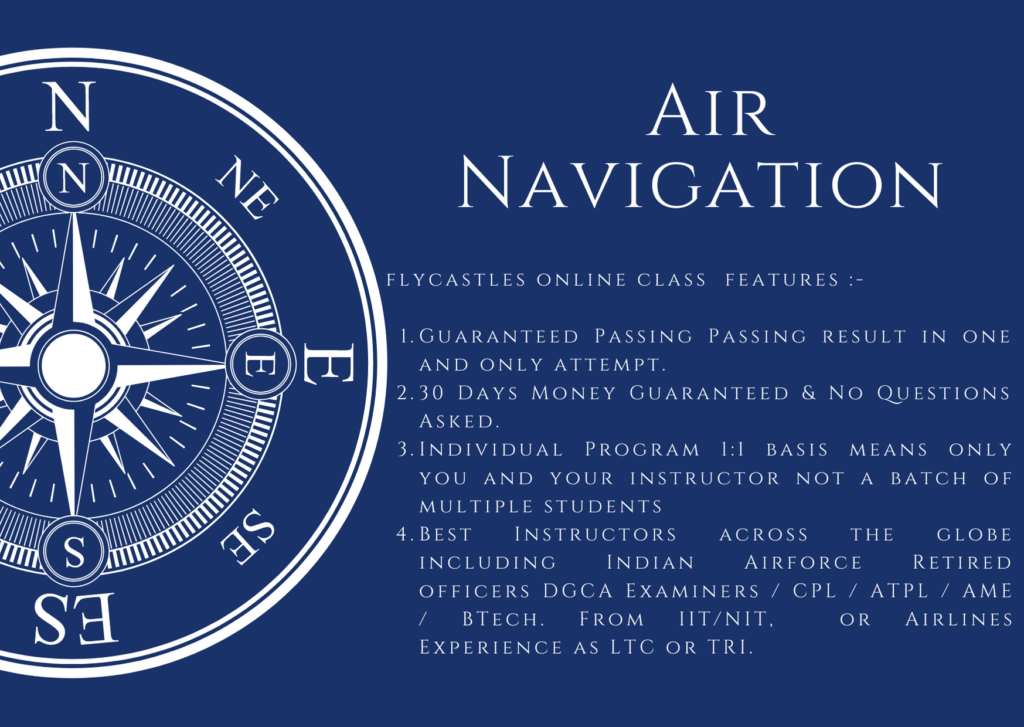
Small claims courts are usually not effective in resolving disputes with firms that do not do business in the state or with people who live outside of the court's jurisdiction. The party you are suing does business in the court's jurisdiction.The amount of your claim is less than the monetary limit established by the state or local law.To determine if small claims court is the best course of action for you, consider whether: In some situations, it may be more effective, less troublesome, and quicker to retain an attorney, or to seek assistance from another source, such as a consumer affairs office or governmental agency. Expenses such as time lost from work are not usually recoverable. You must be prepared to appear in court when your case is set. For example, if an airline damages your coat, a court might grant you a cash award rather than ordering the airline to replace the coat. Property or merchandise normally cannot be recovered. Small claims courts do not offer the best course of action for consumers in every situation. You can show that the value of the lost item was much more than the airline offers to pay.īack to Top Are There Any Limitations to Small Claims Courts? You try unsuccessfully to negotiate a settlement. They won't put you up in a hotel and you end up spending $90 for a room. An airline cancels your flight and cannot get you out until the next day.He delivers a coach seat ticket and refuses to refund any of your payment. You buy a ticket for a seat in first class from a consolidator.The airline denies your request for reimbursement of the difference between air and ground transportation. Instead of a one-hour flight you have an uncomfortable four-hour ride. Your connecting flight is canceled, and the airline arranges a van to get you to your destination.Here are some examples of situations in which you might consider using such a court: You may file a complaint in small claims court when you can show that a person or a business owes you money or has harmed you financially, and will not pay. The rules of these courts vary from state to state, as do the amounts which may be awarded. Court procedures are generally simple, informal and inexpensive.Īlmost all states and localities have some type of small claims court. These courts offer consumers a chance to present their complaint, in person, to an impartial judge who can order the offending person or company to pay money owed. The basic purpose of small claims courts is to help people recover small sums of money without having to hire a lawyer. These courts were created to promote convenient, prompt, effective and inexpensive resolution of disputes at the grass roots level. Small Claims Courts, created and operated by state and local governments, constitute an important part of our nation's overall system of justice. Now, however, when nothing else seems to work, thousands of people without legal training are turning to small claims courts to get results. Most people at one time or another feel cheated, confused and helpless. Sound familiar? Unfortunately, this consumer is not alone in his frustration. The airline paid us "denied boarding compensation," but they refused to reimburse our additional air fare or the value of the two days on the cruise we lost. As a result we had to buy additional airline tickets to catch up with the sailboat at Antigua. The next available flight was two days later. However, when it was time to board our flight, the airline bumped us because they were overbooked. We all had chartered a sailboat to cruise the islands. Thomas, where we were to meet several other couples.

We held confirmed airline reservations to St. My wife and I were going on a Caribbean vacation.

Are There Any Limitations to Small Claims Courts?.

This pamphlet is a revision of a previous Tell it to the Judge brochure published in December 1980 by the Department of Justice, Office of the Attorney General. Prepared by the Aviation Consumer Protection Division, U.S.


 0 kommentar(er)
0 kommentar(er)
